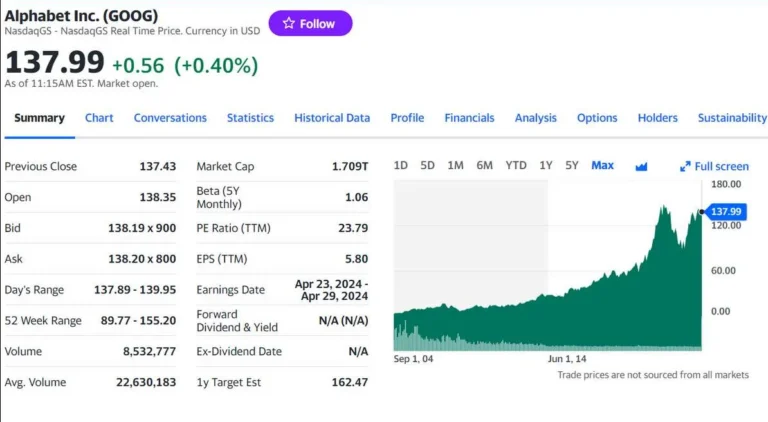Quantum Encryption and Data Security: A Powerful Alliance
Quantum Encryption (QE) offers a well-crafted approach to data security. The reason for that is based on the principles of quantum mechanics to provide unparalleled protection against various threats.
The quantum resistant encryption has the unique properties of quantum particles. With those unique properties of the quantum encryption. You can create unbreakable cryptographic keys, ensuring the confidentiality and integrity of sensitive information.
Unconditional security is not like classical encryption methods. The applications of quantum proof encryption are enormous in the field of financial transactions. In a financial transaction, you need the maximum level of security. The same goes for governmental communication and transactions as the security threats are alarming at that level. Quantum encryption is one of the advanced solutions for dealing with such threats.
Key Advantages of QE for Data Security:
The key advantages of quantum encryption are as follows:
- Unconditional Security: Being a business, need to understand that QE is unlike classical encryption methods. QE offers theoretical unconditional security to the documents. It makes it possible to implement quantum security even on the most powerful classical computers.
- Quantum Key Distribution (QKD): The quantum key distribution or the QKD is a fundamental component of encryption and implementing security threats. Quantum mechanics enables the secure distribution of data from one node to another. Reson for that of cryptographic keys, as you can’t open the cryptographic keys without proper authentication.
- Detection of Eavesdropping: Quantum proof encryption can detect eavesdropping and spying attempts on the data and ensure multilayer security. Multilayer security is an integral part of sensitive data, as data breach attempts are common these days. The reason for such resistive security is that any interception or measurement of the quantum state disrupts the key (QKD) distribution process.
- Resistance to Quantum Attacks: The quantum-resistant encryption has even become more powerful due to quantum computers. Quantum resistive encryption could potentially break classical encryption algorithms and methods. On the other side of the table is the quantum encryption. However, is inherently resistant to such attacks.
Applications of Quantum Encryption (QE) in Data Security:
- Financial Transactions: Quantum proof encryption can protect sensitive financial data from security breaches. Quantum mechanics ensures the privacy and integrity of online transactions.
- Government Communications: Governmental agencies can use QE to secure critical communications. It assists in protecting national security and intelligence.
- Healthcare Data: In the healthcare industry, quantum encryption can safeguard patient data. Health specialists can prevent unauthorized access and protect privacy.
- Supply Chain Security: QE can enhance the security of supply chains, preventing tampering and ensuring the authenticity of products.
Challenges and Future Directions:
- Technological Hurdles: Implementing QE on a large scale requires overcoming technical challenges such as noise, loss, and the need for specialized equipment.
- Integration with Existing Systems: Integrating quantum-proof encryption into existing IT infrastructure is complex and requires careful planning.
- Quantum Computing Threats: Quantum resistive encryption is resistant to classical attacks and no way such classical attacks can breach quantum security measures. The development of powerful quantum computers could pose new challenges for hackers and breaches. You can easily able to avoid such attacks as data security is the prime priority of the companies.
As quantum technology continues to advance in our changing digital arena. Quantum proof encryption is poised to become a vital tool for safeguarding data in an increasingly interconnected world. By combining the power of quantum mechanics with the principles of cryptography, QE offers a promising solution to the growing challenges of data security.







